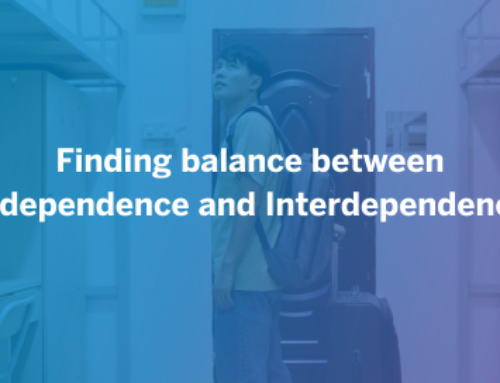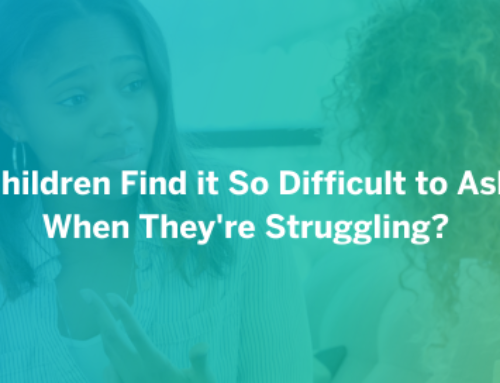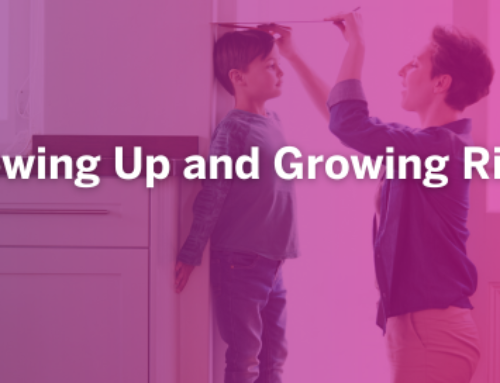
Did you know that medicines are the leading cause of child poisoning? While most parents might understand the dangers that can occur if our children ingest the wrong medicine, safety precautions often take a backseat when implementing them in our homes. The risks of medicine getting into the hands of our children pose a threat to their safety when they are young, but it can also lead to substance abuse as they mature. For the most part, the overwhelming number of ER trips due to medicine mishaps do not occur due to parents’ lack of love or concern. In fact, from homework, sports, nutrition, sunscreen, playdates, and more, the list of ways we, as parents, strive to keep our kids safe is neverending. The accidents involving medicine misuse are commonly caused by typical practices that can be completely preventable by implementing simple changes in our homes.
When it comes to medicine, elementary-aged kids are often confused. On the one hand, parents tell them to take medication when they are sick to make them feel better, and on the other, they have been told not to touch medicine because it can be dangerous. On top of receiving mixed messages about medicine, many of the medications given to kids taste good because kid-friendly flavors emulate candy to make them easier to swallow. While adults understand that the flavors help kids take their medicine, kids’ minds don’t think the same as adults. Understanding this can help explain why the bubble gum flavored head medicine or the colorful pills mom or dad take might be fun to play with or taste.
According to The American Academy of Pediatrics (AAP), approximately 3 million people— many under age 5— swallow or have contact with a poisonous substance each year. Medications are one of the main culprits. Unfortunately, it’s not uncommon to hear stories such as the one recently posted on March 2022 on people.com about a group of seven young children all under the age of 8 hospitalized due to one child handing the rest of them sleeping pills. We, Parents, can easily avoid these dangerous incidents by making simple changes in how we store medicine and prioritizing medicine safety discussions with our young children.
The threat of medicine getting into the hands of kids not only impacts young children, but misuse and abuse of medications also impact teenagers. The earlier children and teens start misusing medicine, the higher the chances that they will continue to develop substance abuse problems later in life. According to a National Survey conducted in 2019 by the Substance Abuse and Mental Health Services Administration (SAMHSA), 1 in 7 students reported misusing prescription pain relievers (opioids) at least once in their lifetime. The National Institute on Drug Abuse (NIDA) states that a common misperception is that prescription drugs are safer or less harmful to one’s body than other kinds of drugs. This misunderstanding is why parents need to step in and take the reins in educating our teenagers. The dangers of misusing medicine are severe. It can lead to dire ramifications, including irreversible damage to their growing adolescent brains and how they function in areas including memory, impulse control, decision-making, and learning. It can also lead to mental health issues, substance abuse addiction, and, most critical of all, death.
Prevention starts at home. When it comes to medicine safety, Parents play a vital role. Below are simple tips on making small changes that make a big difference.
1. Keep Medicine Away from Little Hands
Do:. Store medications in out of reach places and out of sight.
Don’t: Leave medicine on the counter or in easy to reach places.
2. Safely Discard Medicine When Done
Do: Throw away medicine as soon as your done with it or it has expired.
Don’t: Keep medicine or save it in case you might need it for future use.
3. Talk to Your Children About Medicine Safety
Do: Teach your young child the difference between medicine and candy and the importance of only taking medicine given by a trusted adult.
Don’t: Assume your child knows the difference.
4. Be Open and Discuss Medicine Misuse with Your Teenager
Do: Tell them the consequences of misusing medicine and be open to listening to what they have to say.
Don’t: Use scare tactics or threaten your teen but show them the facts.
5. Practice What You Preach
Do: Use medicine in the correct way and practice medicine safety.
Don’t: Misuse medications and become an unsound role model to your kids.
Carolina Droze is a LSIS presenter of K-5th programming, freelance writer and copywriter. She is also a mom, wife, surfer, nature enthusiast and a lover of loud music and dancing like she just don’t care.







